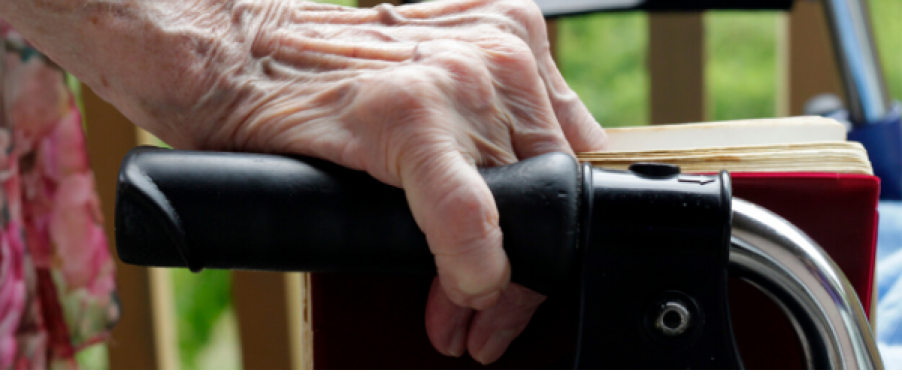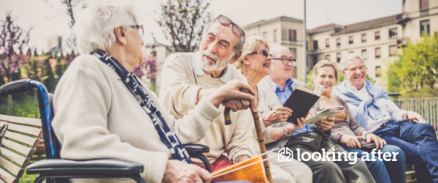Reducing accidents in dementia care
As a person’s dementia progresses, the increased likelihood of them having accidents can raise concerns for their carers and loved ones. It’s true that older people are more prone to hurting or injuring themselves, particularly, if they experience cognitive issues, however, there are steps you can take to help keep your loved one safe and retain their independence.
A cause for concern?
When should you be concerned about safety around the home in dementia care? There are a few signs that indicate your loved one may need some extra help, including:
Reduced strength – regular everyday tasks are becoming too difficult and strenuous
Loss of balance – they may be losing balance when standing up, sitting down or walking
Coordination issues – they could be struggling with tying their shoes, making a sandwich etc
Reduced confidence – simple activities may cause tension and anxiety
Confusion – they might be confused about certain tasks and using the wrong equipment to perform them.
If the person in dementia care is exhibiting any of these signs or behaviours, it’s important that you take practical steps to reduce their risk of accidents.
Simple solutions for preventing accidents with dementia
When looking after loved one, ensuring their safety is extremely important, however, people with dementia often feel more confident and purposeful if they are able to retain as much independence as possible. You don’t always need to stop them from performing everyday tasks, some simple adjustments may be all they need. Try swapping heavy crockery that is prone to breaking with lighter versions. Changing their old kettle for a new cordless one that is easier to lift will help too. Introducing automatic shut-off devices will prevent accidents if the person in dementia care forgets to turn them off. Practical items such as a first aid kit, small fire extinguisher or fire blanket and even long-handled dustpan and brush are key in case any accidents do happen. Remember to be realistic and accept that small accidents are not the end of the world – a broken glass or plate can be easily cleaned up and shouldn’t discourage your loved one from performing tasks independently.
Making their home dementia-friendly
Many accidents happen at home, particularly in the kitchen or on the stairs. Avoid loose-fitting carpets and ensure that areas are kept free from clutter when looking after loved one. Make sure their home is well-lit, especially if they are getting up to go to the bathroom at night. Fitting non-slip strips, handles near the toilet and shower, as well as raised toilet seats all go a long way in preventing accidents in the bathroom. Ensure they have well-fitting footwear, as worn out shoes and slippers increase the risk of trips and falls. Fit the house with smoke alarm and carbon monoxide detector, but keep in mind dementia patients may not recognise what the alarm signals mean. To prevent wandering, you could fit windows and doors with alarms or make sure they are locked. On the flipside, you should avoid locks in any other rooms in the house where the person might inadvertently trap themselves. Keep medication, matches and other dangerous items under a lock and key, while ensuring they have easy access to the items they need and are able to use independently. These tips can really help your loved one in dementia care retain the confidence of performing everyday activities independently, giving you the peace of mind they stay safe while doing them.
We cover more information on making the home demetia safe here and more articles on the home and tackling different rooms from kitchen, bedroom and bathroom here.
Bestsellers under £50





